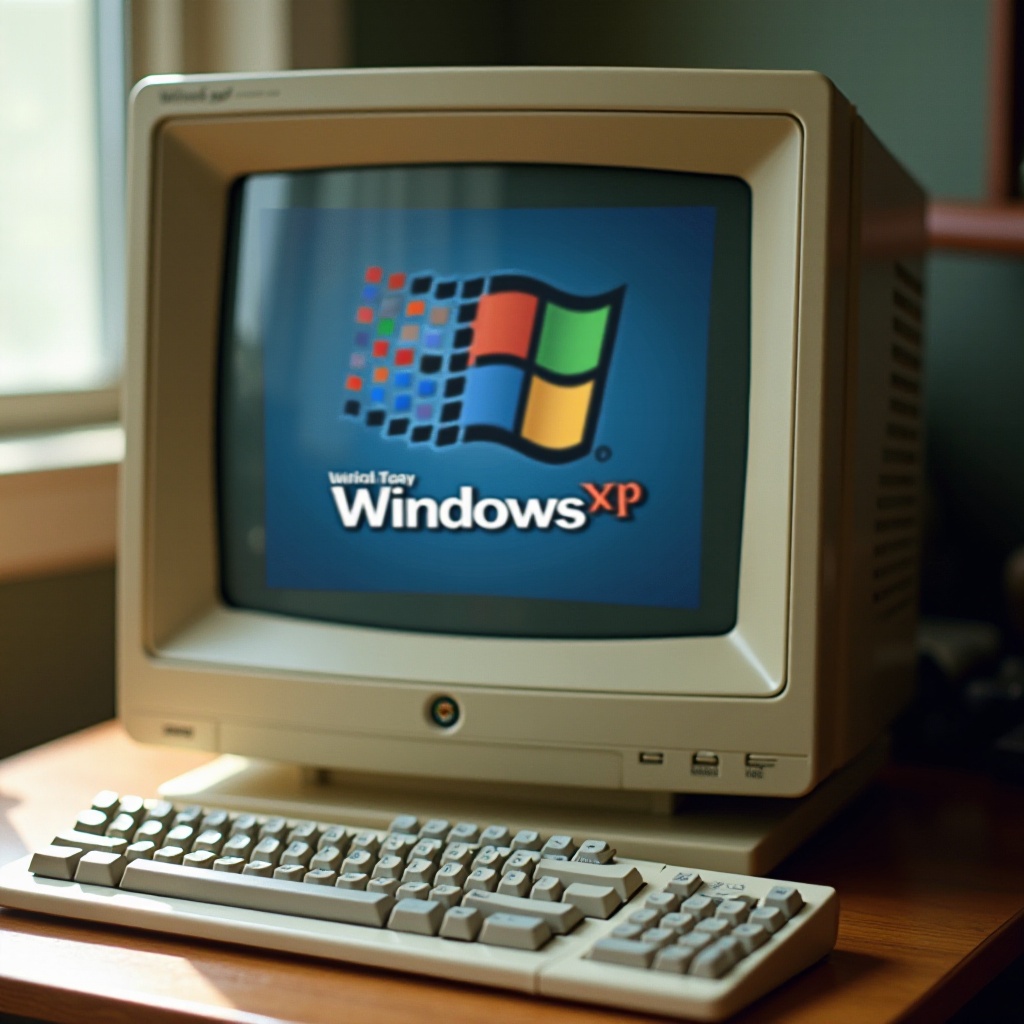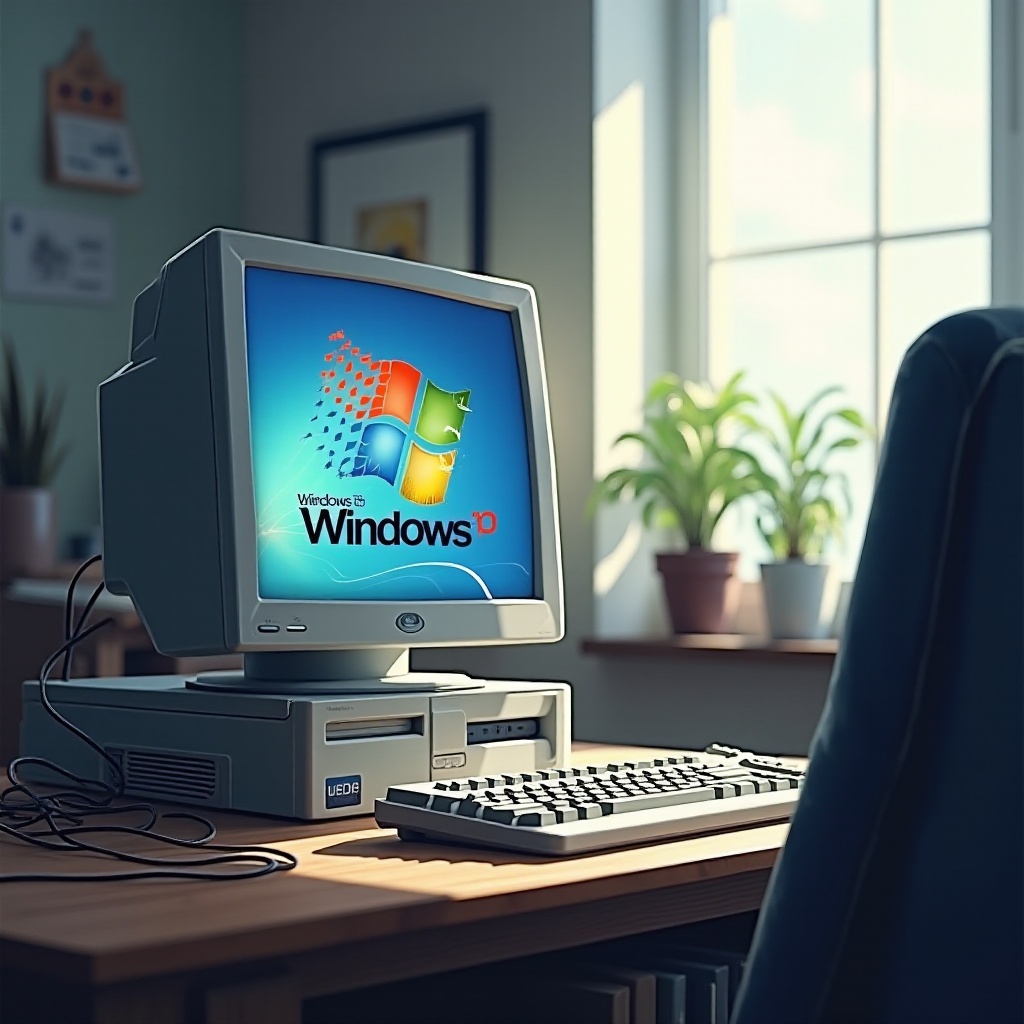Introduction
Windows XP remains a notable historical operating system, celebrated for its simplicity and ease of use. Despite technological advancements, some users continue to utilize Windows XP due to sentimental preferences or specific applications best suited for it. To ensure this operating system runs seamlessly, a comprehensive understanding of its system requirements is necessary. This article navigates through the fundamental requirements and elaborates on the relevance of these specifications, particularly for those interacting with Windows XP in contemporary contexts.

Understanding Windows XP System Specifications
To effectively deploy Windows XP on your device, it is essential that specific technical requirements are met. Let us explore the central components that build the Windows XP environment. These specifications assist in determining whether your current hardware can efficiently run the operating system.
-
CPU Requirements
The CPU is critical in defining the performance capacity of Windows XP. The minimum requirement is a CPU speed of 233 MHz. Yet, for an experience devoid of substantial lags, using a processor with a speed of 300 MHz or more is advisable.
-
Memory Needs
Memory is a determining factor for optimal system performance. Windows XP demands a minimum of 64 MB of RAM; however, elevating to 128 MB or more greatly improves user experience, with 256 MB being optimal for multitasking scenarios.
-
Hard Disk Space Recommendations
Sufficient disk space is necessary for accommodating system files efficiently. A minimum of 1.5 GB is essential, although allocating additional space is prudent for ensuring the smooth installation of software and safeguarding files.
The Importance of Meeting System Requirements
Meeting system specifications is not merely about compliance; it is integral for enhancing system performance, ensuring software compatibility, and promoting security.
-
Ensuring Optimal Performance
Compliance with system requirements allows Windows XP to function efficiently, reducing the frequency of system crashes and augmenting overall usability. When the hardware meets or surpasses these specifications, task processing improves significantly.
-
Compatibility with Applications
Many applications prominent during Windows XP’s era were specifically tailored to its system settings, ensuring their performance is on par with their intended designs.
-
Maintaining Security
Adherence to system criteria also plays a role in maintaining security. Properly functioning hardware minimizes vulnerabilities associated with system failures, affording users some peace of mind, even with an outdated system.
Using Windows XP in a Modern Context
Despite significant progression towards more advanced operating systems, Windows XP is still in use by some owing to its capability to operate particular applications and systems.
-
Risks of Running an Outdated OS
Without latest security updates, there’s heightened risk when running Windows XP. Unrecognized vulnerabilities could be exploited, risking data integrity and security. Routine updates are vital for a safe and secure digital environment.
-
Applications and Use Cases
Despite modern advancements, certain legacy applications necessitate Windows XP’s unique specifications, providing a viable foundation for select applications or business processes not supported by newer systems.
-
Understanding Support Limitations
With Microsoft’s withdrawal of support in April 2014, Windows XP no longer benefits from official updates or technical assistance, increasing the importance of being mindful of associated risks and software limitations.

Hardware Upgrades for Windows XP
For those committed to using Windows XP, hardware upgrades can significantly enhance system performance and operational capabilities.
-
Boosting RAM and Storage
Increasing RAM is relatively easy and boosts system operation markedly. Transitioning from traditional HDDs to SSDs can expedite file access and elevate system performance remarkably.
-
Graphics Card Considerations
Upgrading your graphics card could amplify your computer’s ability to manage visual-centric software, ensuring enhanced capability when maneuvering legacy programs demanding graphic processing power.
-
Evaluating Cost vs. Benefit
It is crucial to consider if investments into older hardware are justified versus the efficiencies of newer machines. Ensure that upgrades are cost-efficient, providing returns that are beneficial to user needs.
Moving Beyond Windows XP
For most, exploring contemporary operating systems presents undeniable advantages that surpass the capabilities of Windows XP.
-
Why Consider Upgrading
New systems offer significant improvements in security, performance, and function, eliminating many constraints tied to older systems like Windows XP.
-
Overview of Modern Operating Systems
Operating systems such as Windows 10 or 11 offer a more modern user experience, with fortified security measures, increased application compatibility, and ongoing support enhancing overall utility.
-
Steps to Transition Smoothly
Transitioning requires diligent steps—backing up critical data, verifying compatibility of existing software, and assessing system requirements to ensure a seamless upgrade process without loss of functionality.

Conclusion
While Windows XP has fulfilled its purpose for many, comprehending its minimum system requirements remains vital for users reliant on its unique applications. Whether tied to nostalgia or functional necessity, meeting these specifications can enhance both performance and security. Nonetheless, for navigating today’s digital realm, integrating modern solutions through advanced operating systems is a wise advancement for many users, paving a path towards more secure and efficient computing.
Frequently Asked Questions
What are the minimum RAM requirements for Windows XP?
The minimum RAM requirement is 64 MB, but 128 MB or more is preferred for optimal performance.
Can Windows XP run on modern hardware?
While technically possible, modern hardware is not designed with Windows XP compatibility as a priority, presenting potential driver issues and inefficiencies.
Is it safe to use Windows XP today?
Without security updates since 2014, using Windows XP poses significant security risks. Upgrading to a supported OS is advisable for a safe experience.
